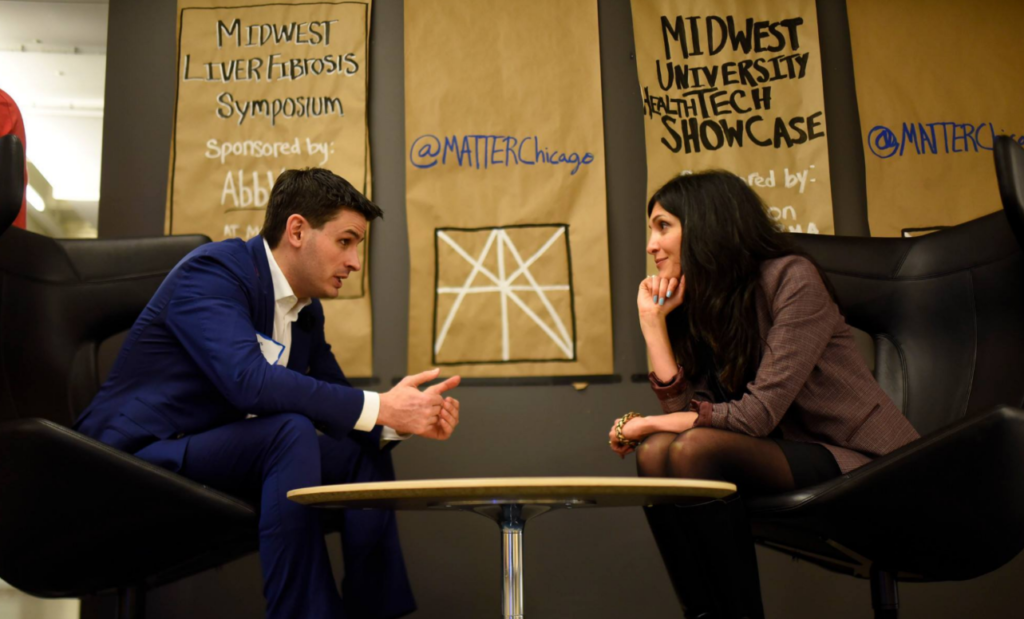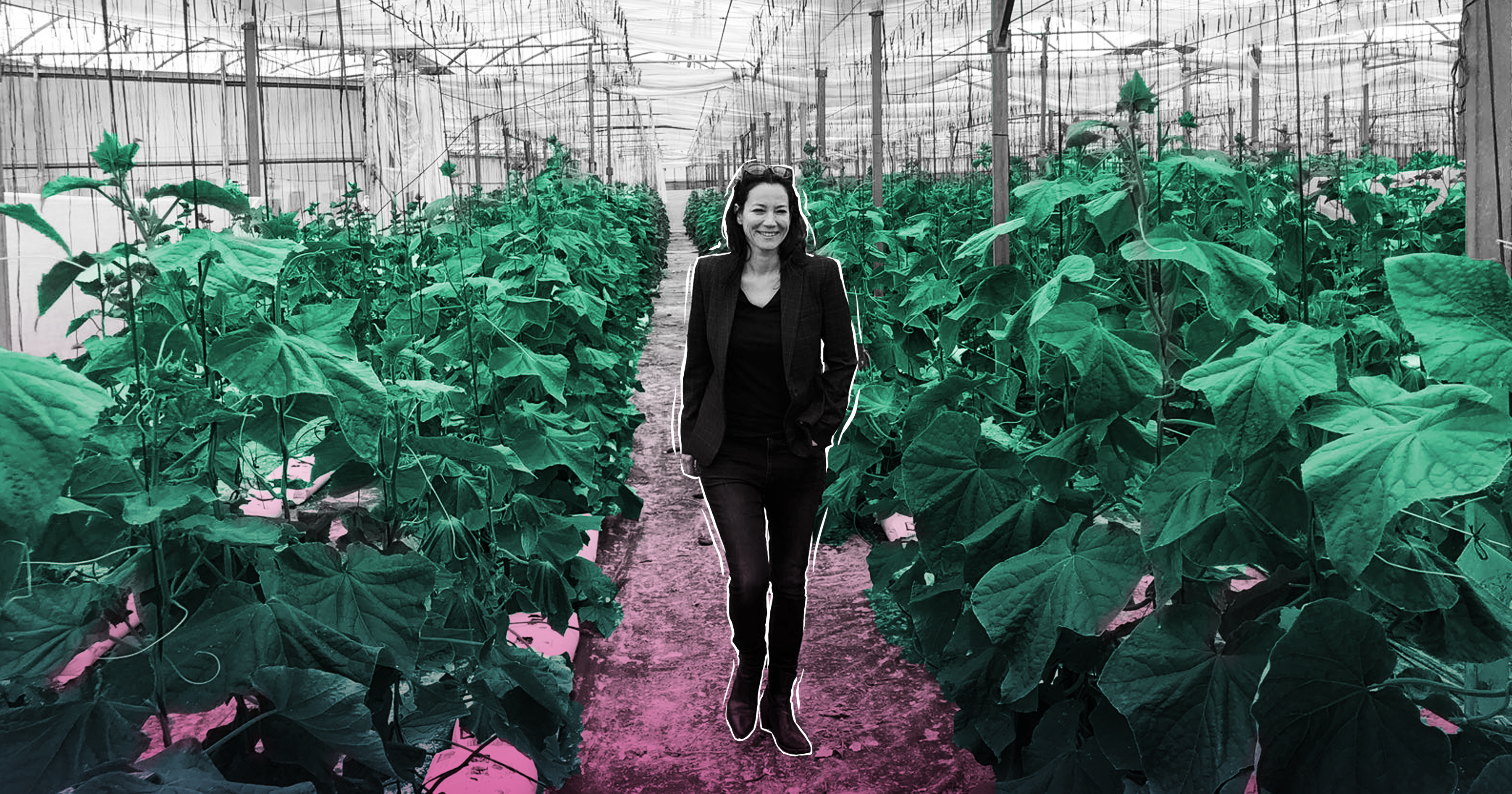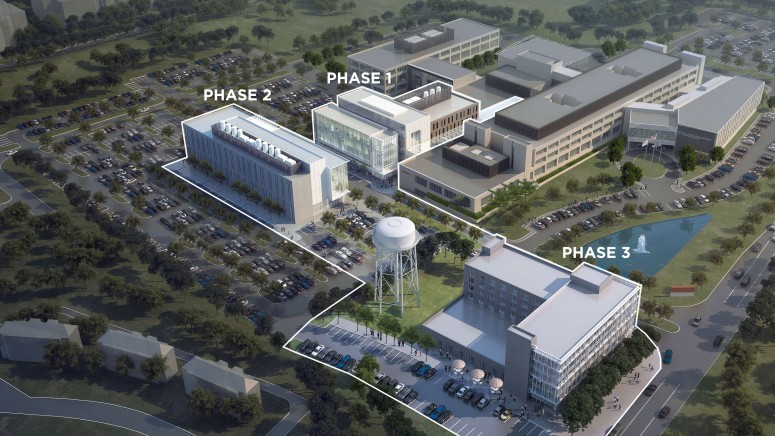Q&A with Andy Mazar, PhD, Co-Founder of Monopar Therapeutics
Five years ago, veteran biotech entrepreneur Andy Mazar joined Northwestern as its first Entrepreneur-in-Residence. Today, his cancer startup Monopar Therapeutics has raised $4M with multiple drug programs in clinical trials. This is what Mazar says our City of Big Shoulders needs to become big in biotech.
You’ve worked in biotech centers like San Diego and San Francisco. What would it take for Chicago to reach the same level?
The science and the clinical is on par with any other place in the U.S. if not better. So everything is here you need in terms of discovery, new scientific ideas, new scientific breakthroughs, the facilities to do early clinical development through the academic centers. That all exists here.
What’s lacking is a strong supportive investor base that’s committed to investing in Chicago. There’s also a lack of people on the business side that have worked at the startup company level, and can leverage both funding as well as good scientific discoveries into something that can be translated into the commercial space. That to me is really the limitation. And one is related to the other. If people know there will be dedicated investment in Chicago, they’ll want to come and work on things here.
If people know there will be dedicated investment in Chicago, they’ll want to come and work on things here.
What advice do you have for other early-stage biotechs in the Midwest?
If it’s a spinout of an academic technology, the best thing I can recommend is that the scientist sticks to the science and identifies a business leader to be CEO to be accountable for all of the licensing, all of the administrative kind of stuff, and raising capital. The difficulty is you have scientific founders that try to do that part too, and I just don’t think that they can do both. It’s really tough to run a lab, meet your faculty responsibilities and go out and raise money.
There are starting to be success stories, and those success stories will breed additional investments and attract the right people here to form those teams.
Building a strong team is really critical at the very early stage. You need people not just with the talent and the background – people who have been there done that – but also people that can take it through each stage. Small companies have to be able to move quickly and if you don’t have the human resources nearby, it can slow things down quite a bit. I’ve heard this from investors, because they always wonder if you have enough talent in the Chicago area, and what we need is more people that are successful. There are starting to be success stories, and those success stories will breed additional investments and attract the right people here to form those teams.

What advice do you have for other scientists at Midwest universities who might be thinking about spinning one of their discoveries into a startup?
First thing is working closely with the people in the tech transfer office. There are a lot of good people to ask for advice within the universities that have either come out of companies or have been involved in tech transfer. Partnering with those internal resources is really important and they can provide guidance for when the technology is mature enough to take out into the commercial space.
I would try to build up as much of the scientific proof of concept as possible in the academic setting, because as soon as you move it into the commercial setting you have to feed that machine. You have to find the right people to run it and it just becomes a little bit more of a challenge. Resisting the urge to take it out too quickly is quite important.
I would try to build up as much of the scientific proof of concept as possible in the academic setting, because as soon as you move it into the commercial setting you have to feed that machine.
What can some of the larger pharmaceutical and biotech companies in the Midwest do to support the ecosystem?
The gap is where something is still basic research, and trying to figure out whether it has value from a commercial perspective. Not everything can be made into a product, so companies will always have the lens of what can be made into a product.
I’d love to see some more general innovation funding that would be available through the pharmaceutical companies. It’s really making a commitment to that early-stage academic with the idea knowing that 80-90% of what you see are things that are not going anywhere commercially, but what you’re looking for is the 2 in 10 that have some legs, but won’t get out of the gate unless you provide some early-stage funding.







